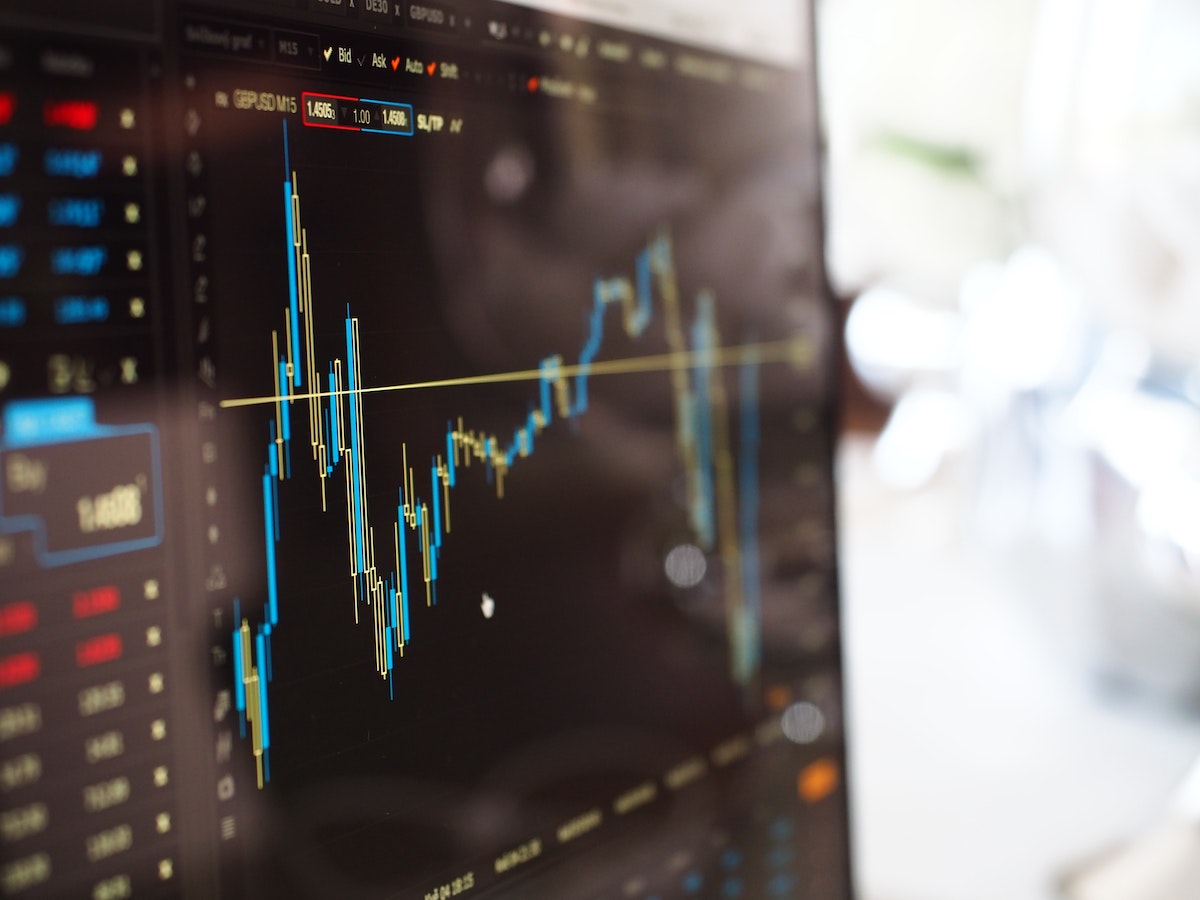There are so many forex trading strategies to choose from that it can sometimes feel like an overwhelming decision to make. When deciding on what trading opportunities are right for you, there are a few key factors you should consider.
Available time
The initial question you should be asking yourself is how much time do I have available? If you are in the enviable position of being able to stare at charts all day, there are a whole host of forex trading strategies at your disposal, such as those developed for day trading and scalping.
If you’re not currently in this happy position, you should consider a strategy with a longer time frame. Using this type of strategy will enable you to set alerts in your trading platform at key areas in advance. When your asset has reached a certain point, it will automatically be sold. Having these automatic indicators enables you to take a break from the markets and let them move as they please.
Character traits
The forex trading strategy you choose should suit your personality. Finding the right one is very important, as a lot of trading is very dependent on the trader’s psychological strength. If you feel uncomfortable for any given reason, you will become anxious, which could result in trade mistakes that could ultimately cost you money.
If you’re someone who can make fast decisions but for whom patience isn’t a strong point, strategies with shorter time frames, such as the ones for day traders, could be more suitable for you. If you’re the complete opposite type of person, positional or swing trading could be a better option.
If your forex strategy fits your personality, your trading experience will be much easier. Do not neglect this stage of trading.
Market direction
The market moves in two basic ways: A trending market and a ranging market. It is important to evaluate the style of the market that is best for you before choosing a forex strategy. Strategies that have a tendency to perform in trending markets while the market is in the range could lead to potential problems. Many strategies based around breakouts will fail in a true-ranging market as you will get stuck in false breakouts.
The same can be said for ranging market strategies at moments when the market is correlated heavily with a strong trend. Having an understanding of how to distinguish the two markets will leave you in a better position to work with the behavior you are exposed to.
Recent performance of the forex trading strategy
Past performances are no guarantee of future results, and this is true when it comes to strategies, as a plan that has worked in the past may not work as well in varying market conditions.
That being said, it is important to refer to past strategies and market trends as you can see what might work when you put your plan in place.
If you see that your strategy should have delivered positive results by a certain point, you can see if it is following a similar course and change accordingly if needed. Constant analysis is essential for any successful trader.
Putting it all together
Now that we have outlined the main factors you should consider before starting your investment journey, there is one last process required.
It’s critical to stay realistic when choosing a forex trading strategy. Take your time when making a decision and ensure that you have evaluated your personal finance goals, trading preferences, available time for trading, and the current market.
Also, make preparations for the changing market conditions. You should always have a plan in place to ensure that each decision you make is calm and concise. Trending and ranging markets need different styles of trading, so you should be prepared for both, enabling you to quickly switch between the two if your initial strategy doesn’t pan out as expected.
Keep in mind that all strategies need time to develop their true performance, so you should be as patient as possible. Give your strategy some time to relax, mature, and develop. If you have completed all the steps properly, you will have a range of trading strategies that can be adapted over time to suit your personal needs on trading platforms that suit you best.
This is a collaborative article.











Join the discussion!